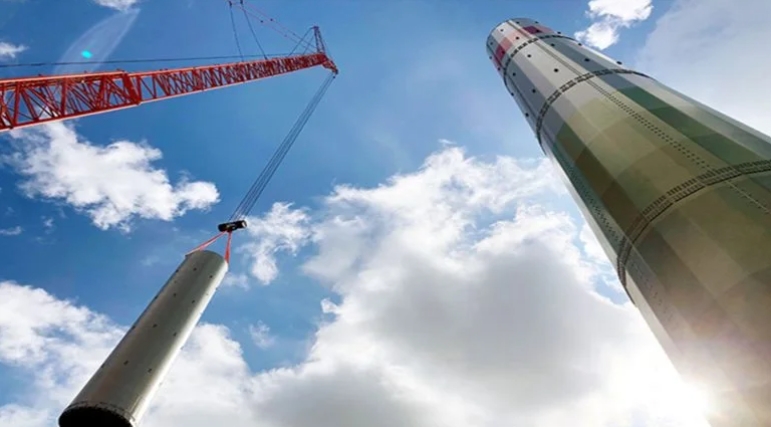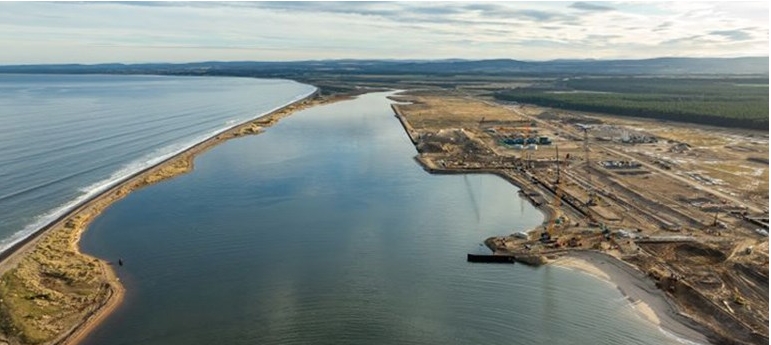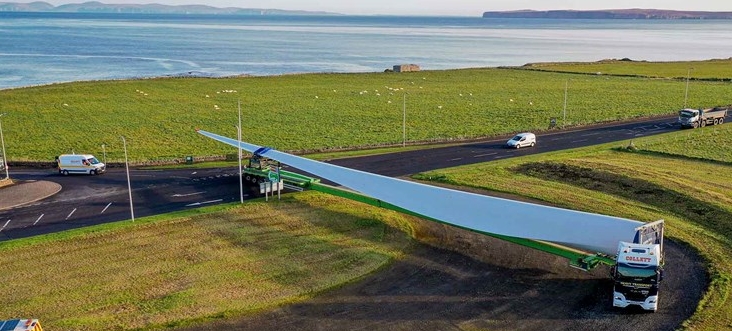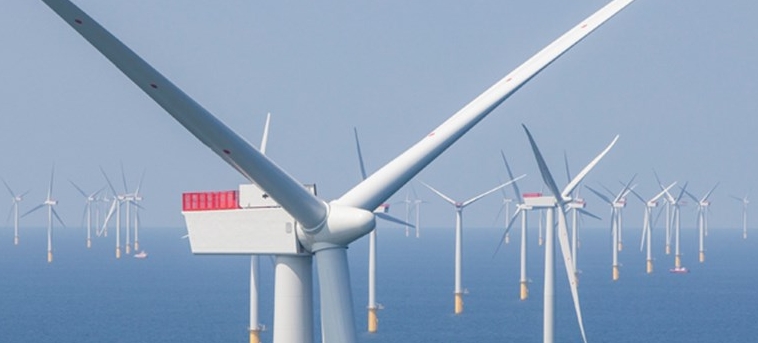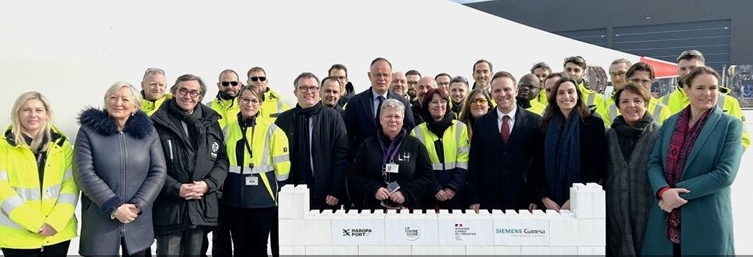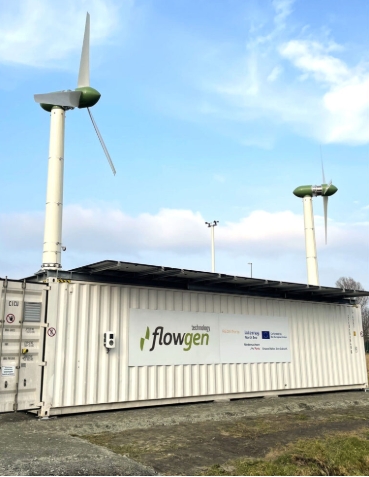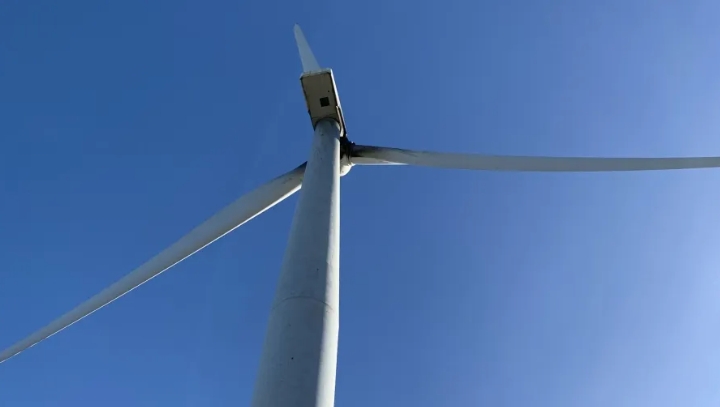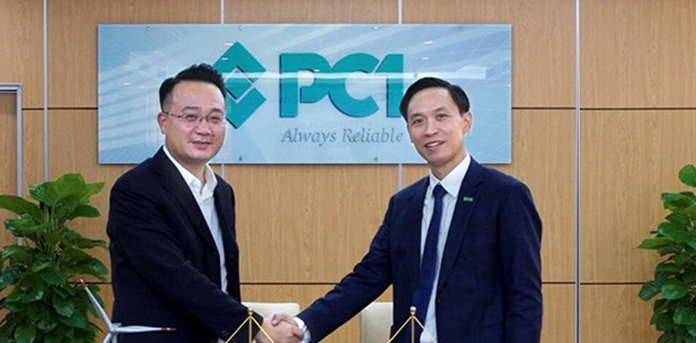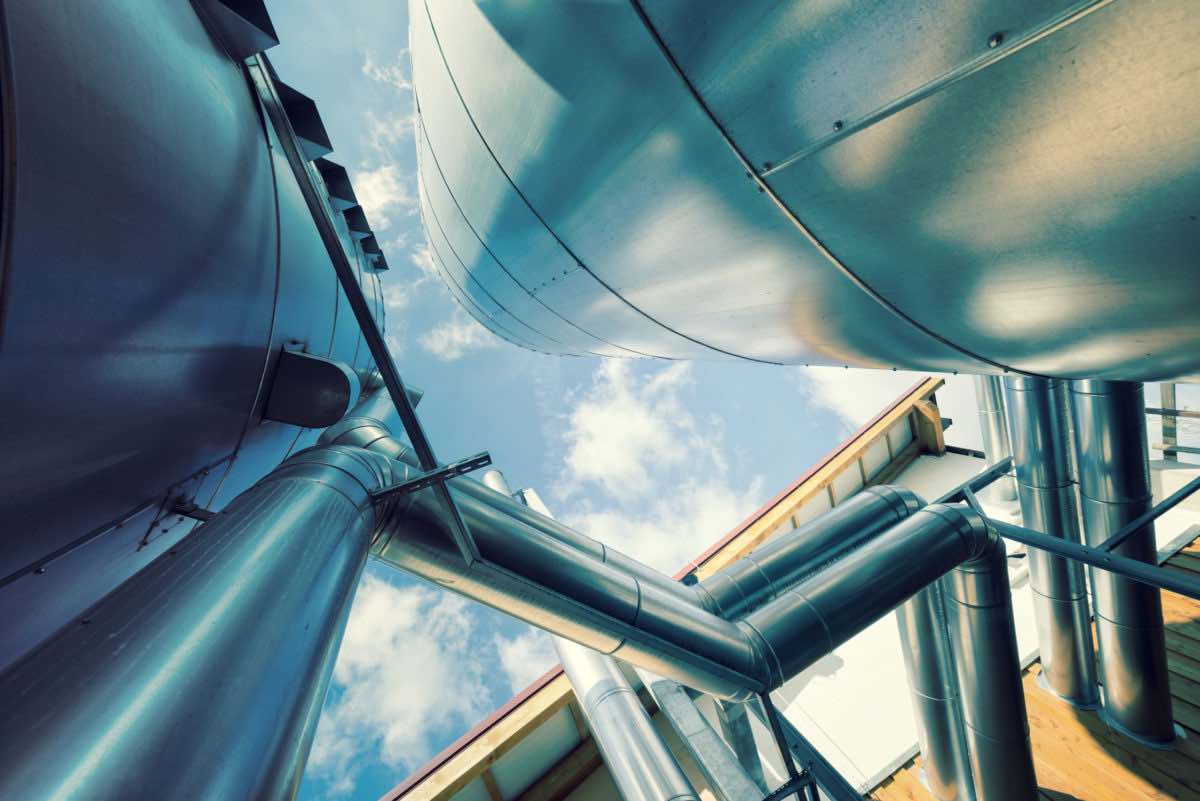
Gas retailer Jemena has confirmed the purchase of the first electrolyser in NSW that will trial the ability to convert wind and solar power to zero emissions hydrogen and inject it into the mains gas supply in the state.
Jemena will install the 500kW electrolyser in Western Sydney, where it will supplement some of the existing natural gas supply, potentially as much as 10 per cent, allowing the hydrogen to be used towards cooking, heating and hot water in homes and businesses.
The electrolyser will source wind and solar power, ensuring the hydrogen gas supplied to consumers will effectively be carbon neutral, but there are limits to how much hydrogen can be mixed with the existing gas grid. The differing burn characteristics between hydrogen and methane mean that many household appliances may need modification to run with higher percentages of hydrogen gas.
“We are making a significant investment in technology to demonstrate the network is ready to deliver clean, safe and sustainable green gas to customers,” Jemena’s general manager for strategy and commercial Gabrielle Sycamore said.
“Customers are increasingly looking for sustainable energy solutions, and Jemena believes renewable gases such as hydrogen and biomethane can play an important role in meeting the NSW Government’s objective of net zero emissions by 2050.”
The electrolyser will form part of Jemena’s Western Sydney Green Gas project, which received financial backing from the Australian Renewable Energy Agency, chipping in $7.5 million in grant funding towards the total project investment of $15 million.
The project aims to demonstrate the ability for renewable hydrogen to be “co-mingled” with traditional gas supplies, as well as building the local knowledge base around the production, storage and transportation of hydrogen as energy storage.
The announcement comes with growing optimism being expressed within the clean energy sector of the potential of hydrogen to serve as both an adaptable means of energy storage within Australia and as a clean fuel with enormous export potential.
Speaking at the Australian Clean Energy Summit, head of strategy at Siemens Martin Hablutzel, said that the domestic use of hydrogen in Australia is a good opportunity to build local knowledge around hydrogen projection that could be used as a platform to hydrogen exports.
“It’s hugely important. Building a domestic industry builds out the skills, the technical capability and the capacity to be able to position to develop an export industry of the scale we are talking about,” Hablutzel said.
We could produce hydrogen fairly cheap with renewable energies where the resources are good. But if there is no use for it then there’s really no point. So some of the applications, like green gas injection does help build the deployment experience and build social acceptance.”
“You learn best by doing,” Hablutzel added.
The Federal Government is currently developing a National Hydrogen Strategy, with an eye to developing the export industry for green hydrogen, recognising the immense potential for Australia to become a major supplier of a zero-emissions fuel, following strong investment from Japan and South Korea in hydrogen vehicles and fuel-cells.
Alison Reeve, who serves as a task force leader on the development of the hydrogen strategy said that a domestic market for hydrogen also has the opportunity to mitigate risks for hydrogen producers.
“If you’ve got domestic off-takers that helps hedge your export offtake risk, with more people you can sell to,” Reeve said.
In his address to the Clean Energy Summit, Australia’s Chief Scientist Alan Finkel, who is currently leading work on the development of the National Hydrogen Strategy, made a case for producing hydrogen from coal and gas resources, providing an additional source of clean energy, provided production is adequately paired with carbon capture and storage.
The suggestion from Finkel was motivated by concerns that wind and solar would not provide a sufficient level of diversity in a decarbonised economy.
